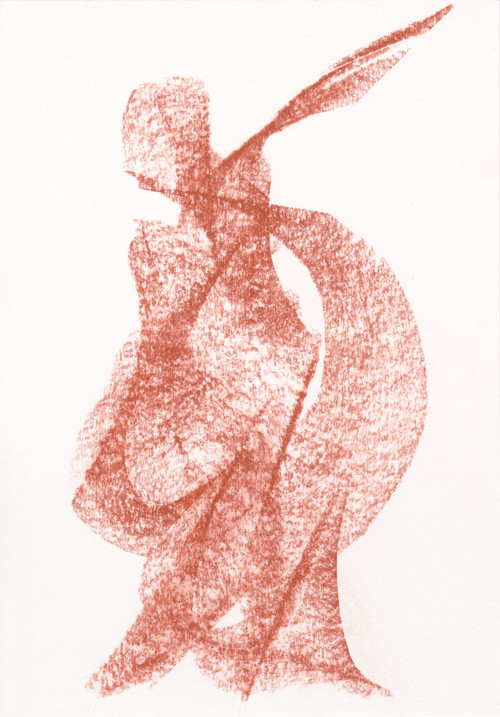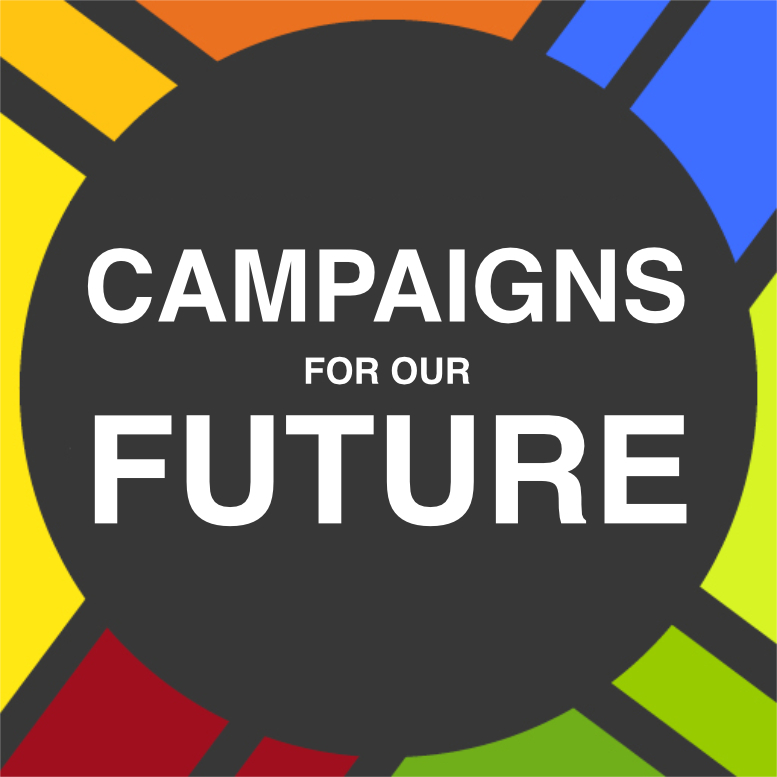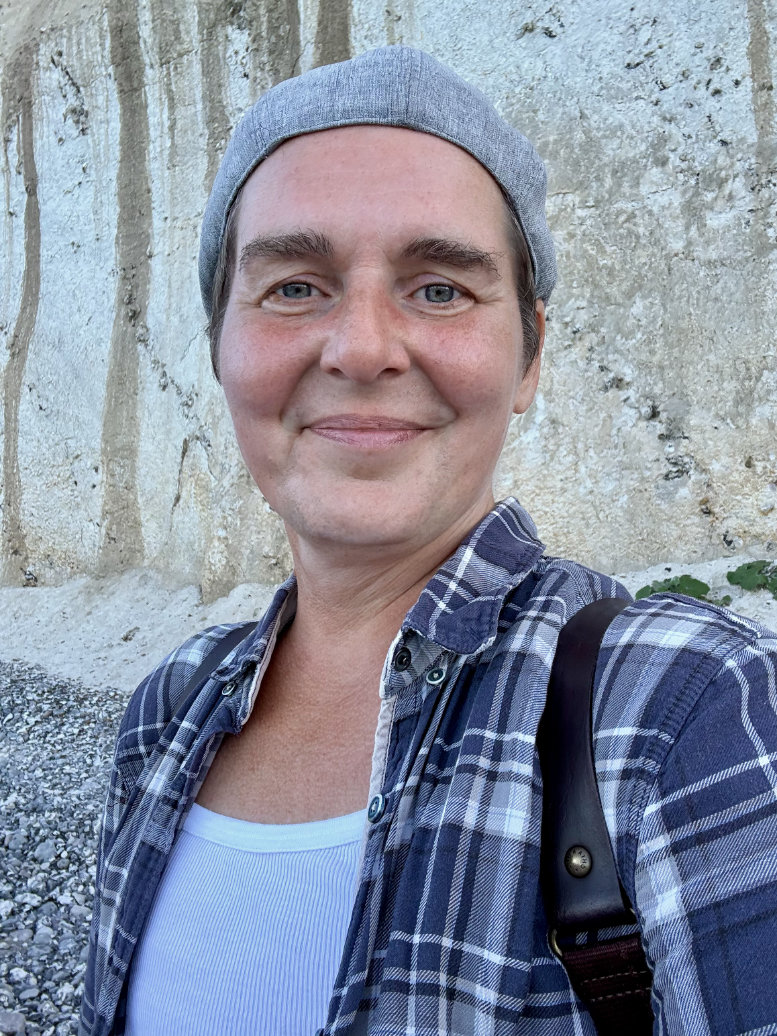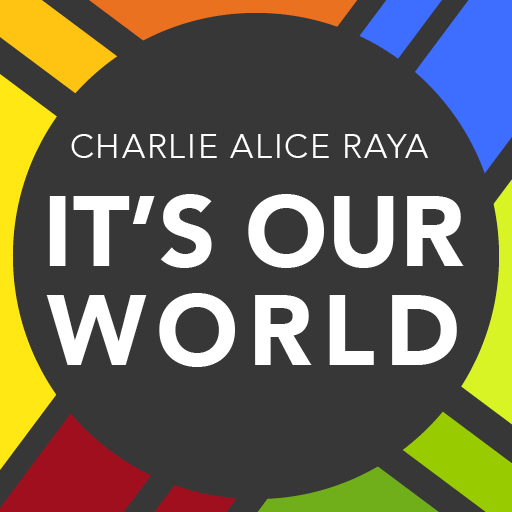
‘We failed to take action when action would have been a piece of cake compared to how much we need to redo and rethink now. We can’t afford divides, we can’t afford interests, we can’t afford screwing each other. But we can, for once, get our priorities right, get rid of destructive narratives, find a way to make trust in each other possible, and start over.’
©Charlie Alice Raya, book 4/1, building, campaigns

CAMPAIGNS
FOR OUR FUTURE
What’s this about?
Fiction meets reality
In book 4, building, part 1, of the easy town books, the town project teams have to convince the British government and the British public to let them build a town experiment on an estate that has been offered to them.
The offer of the estate expires in about six weeks, and it is within this short period of time that the project teams have to develop, prepare and execute campaigns strong enough to turn the tables in their favour.
The campaigns I drafted for this book are often fun, fearless and relevant for many urgent issues we need to address in and for our societies and for our planet.
Therefore I decided to smudge the lines between fiction and reality and share my ideas prior to the final draft of book 4, building, part 1.
This has the additional advantage that I can also publish some of the material that won’t make it into the final version of the book.

Dance with me, red charcoal, 2023
How does this work?
Countdown, chapter by chapter
The story’s Campaigns & Negotiations team have a core of 39 days until the deadline.
I use a free Substack newsletter to publish the chapters for each of the 39 days (1-33 pages) and additional DIGGING DEEPER posts, MAKE IT HAPPEN STORIES and a bit more.
All published book chapters are also available on my easy town books website.
The social media platform Bluesky is the place to find out what is online and what else I have been up to.
The campaign ideas can be used as inspirations by everyone who wants to get actively involved in shaping our future.
This is our world. We can shape it. And these campaigns are fun, inspiring and challenging, in a good way, in a good trouble way.

Natural strength, beech, Usedom 2025
Support the Charlie Alice Raya projects
Support the projects
You can support me, my work and the future of the projects with a donation, with a paid subscription on Substack, by purchasing my books or by buying one of my Fine Art Prints.
Find out more on my photography website >
Find me on Substack
IT’S OUR WORLD

Dancers, 2022
CAMPAIGNS FOR OUR FUTURE
UPDATE
31 January 2026
book 4, building, part 1, campaigns
In August and September 2025, I published the first chapters from the Prelude and The Starting Line on DAY 39 to DAY 17, a difficult day for the team. Some of the chapters are particularly packed with ideas, fun, questions – and trouble.
I had to slow down after that. But the end of October saw the beginning of the third week of the seven main campaigns in the story. Some of the highlights are:
DAY 16, THE LONELINESS DAY (easy town books website)
DAY 14, THE CHALLENGE DAY (easy town books website)
DAY 12, SPRING SPECIALS (easy town books website)
and DAY 11, ENDING THE WAR AGAINST OURSELVES which is presently also available on this website.
All published chapters are available online on the easy town books website.
The third week peaks with a challenge to all millionaires and billionaires, and with the opening of an imagination boost offer by me for them on BLUESKY: https://bsky.app/profile/m-imaginationboost.bsky.social
November/December was to feature the final week for the project team. Seven days to make their case, seven days in which they no longer hold back but bluntly address core issues which have turned our world into a dysfunctional mess: body & sexuality, lack of community, a sickening economic system and failing political systems.
In the final three days, the team will pick up the threads of the previous weeks and dive into how rewilding nature, society and our minds could turn the tables for us and our planet, and how everything is connected.
On the final day, the team asks the one crucial question of our time: DO YOU WANT A FUTURE?
In the end, only DAY 7, body & sexuality, plus extensive material featured in December while DAY 6 egged me on to keep extending it and the material that is to go with it.
In early January I decided to take a few days off social media and all news to focus on the story without distractions. Days turned into weeks, and when a severe cold knocked me out I had to concede that me and my body should be a team instead of being in a constant overdrive.
As I recover and recharge, I work again some hours a day. I’m absolutely thrilled by how the final chapters are shaping up. But I am reluctant to name a date on which I will restart.
The one thing I can say with some certainty is that I might restart with DAY 8 which is likely to get some intriguing additions, build-ups for the final week.
Be this as it may, this is a good time to catch up on the entire story. Or start with book 3, shaping. If you’re quick, you’ll just have time to catch up with the story until I publish the final week.
However, no matter where you enter the story, there will be ideas for our future to discover, even if you know nothing about the overall story.
Where do I work?
Presently, I have the great and temporary privilege of frequently staying with a friend on the Island of Usedom where I can explore the coast, the forests and the fields with my camera and include my findings in my work for #OurFuture. When I am not on Usedom, I’m in Berlin. But I hope I get a chance to travel more and further this year. The combination of writing, creating, and exploring nature with the camera often keeps me from overworking too much.
Why go to all this trouble?
We urgently need to address a whole range of issues which make us and our planet sick.
In order to come together, to rethink and reshape together, we can’t have enough ideas for campaigns, for ways to come together, for ways to raise awareness, for ways to nudge our minds into rethinking, for ways to take action.
With the CAMPAIGNS FOR OUR FUTURE, I hope to unearth as much as possible of what the ideas in the easy town story have to offer for our future.
Charlie Alice Raya, 31 January 2026

To join, stay in the loop, ask questions, use one or all of these options:
Email
contact@charlie-alice-raya.org
On Bluesky
@campaign-ideas.bsky.social
&

‘What’s more fun than to take a good look at the world and say: “OK, this sucks. Let’s try again.” I mean our project proposes a huge adventure: reshaping the world.’
© Charlie Alice Raya, book 3, shaping
About the author
I am an explorer who loves to pick up any WHAT and give it a good spin in my playground: the easy town story and sometimes in the whole universe.
I am a creator who loves to dig deeper and who creates visions of ideas we can test, ideas with the potential of giving us the kind of boosts that allow us to evolve and thrive.
Us = people and planet
I am Charlie Alice Raya, born in 1972, in the then divided city of Berlin.
Find out more here: About Charlie Alice Raya


GET IN TOUCH
Write to
contact@charlie-alice-raya.org
Find me on Bluesky, overview
@charlie-alice-raya.org
Find me on Bluesky, campaigns
@campaign-ideas.bsky.social
Find me on Substack
IT’S OUR WORLD
Find me on Patreon
BOOK SHOP

